
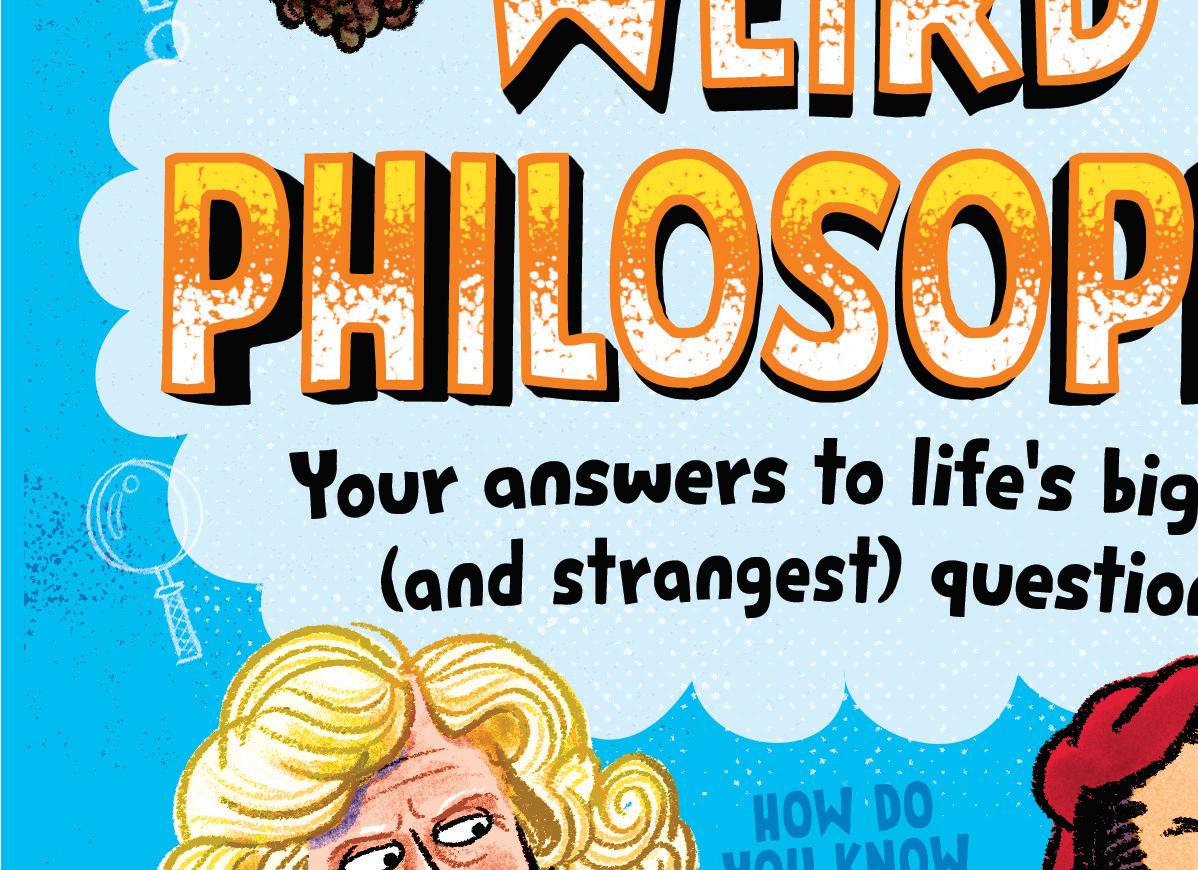
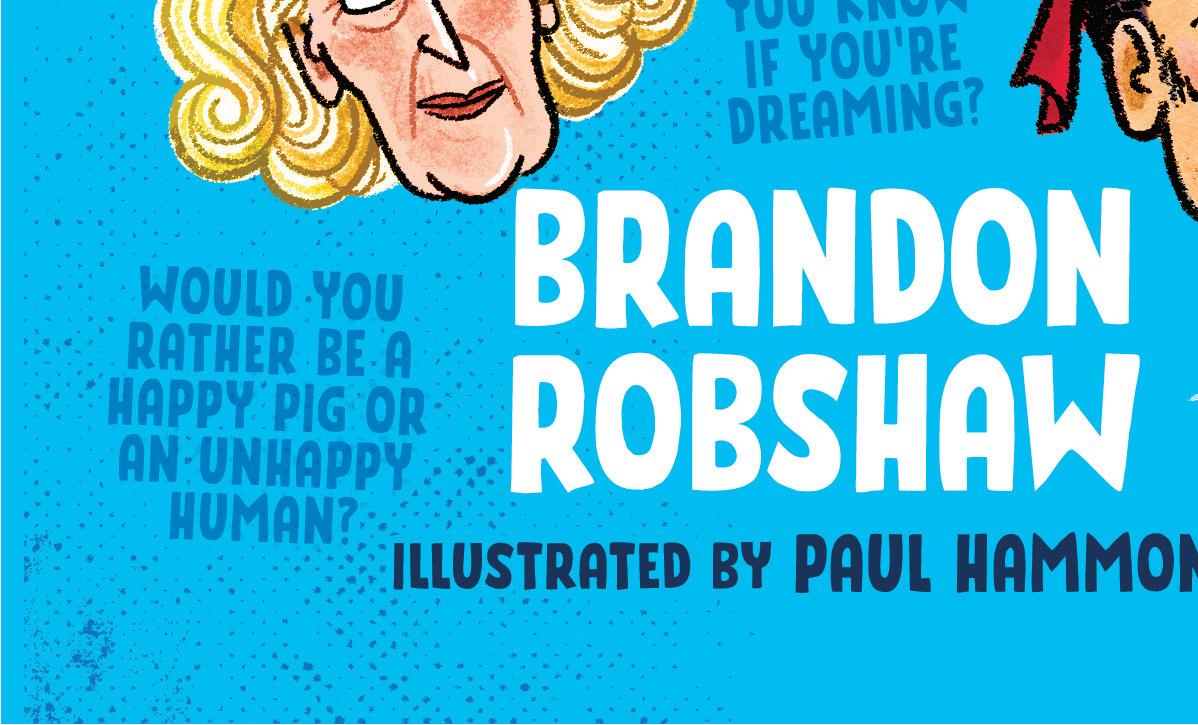









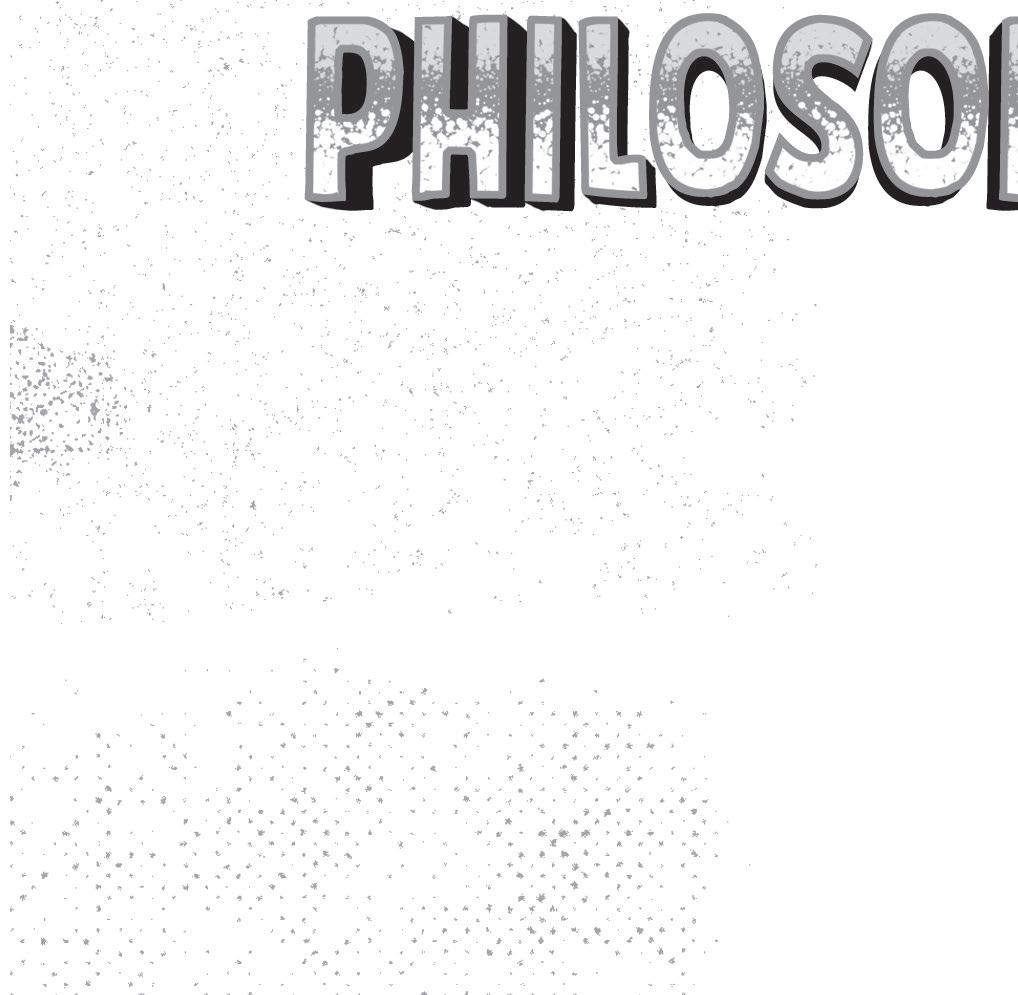











UK | USA | Canada | Ireland | Australia India | New Zealand | South Africa
Puffin Books is part of the Penguin Random House group of companies whose addresses can be found at global.penguinrandomhouse.com
www.penguin.co.uk www.puffin.co.uk www.ladybird.co.uk
First published 2025 001

Text copyright © Brandon Robshaw, 2025 Illustrations © Paul Hammond, 2025
The moral right of the author and illustrator has been asserted
Penguin Random House values and supports copyright. Copyright fuels creativity, encourages diverse voices, promotes freedom of expression and supports a vibrant culture. Thank you for purchasing an authorized edition of this book and for respecting intellectual property laws by not reproducing, scanning or distributing any part of it by any means without permission. You are supporting authors and enabling Penguin Random House to continue to publish books for everyone. No part of this book may be used or reproduced in any manner for the purpose of training artificial intelligence technologies or systems. In accordance with Article 4(3) of the DSM Directive 2019/790, Penguin Random House expressly reserves this work from the text and data mining exception.
Set in DIN Round Pro 12pt/22pt by Katie Bennett
Printed in Great Britain by Clays Ltd, Elcograf S.p.A.
The authorized representative in the EEA is Penguin Random House Ireland, Morrison Chambers, 32 Nassau Street, Dublin D02 YH68

A CIP catalogue record for this book is available from the British Library
ISBN: 978–0–241–71247-4
All correspondence to: Puffin Books
Penguin Random House Children’s One Embassy Gardens, 8 Viaduct Gardens, London SW11 7BW



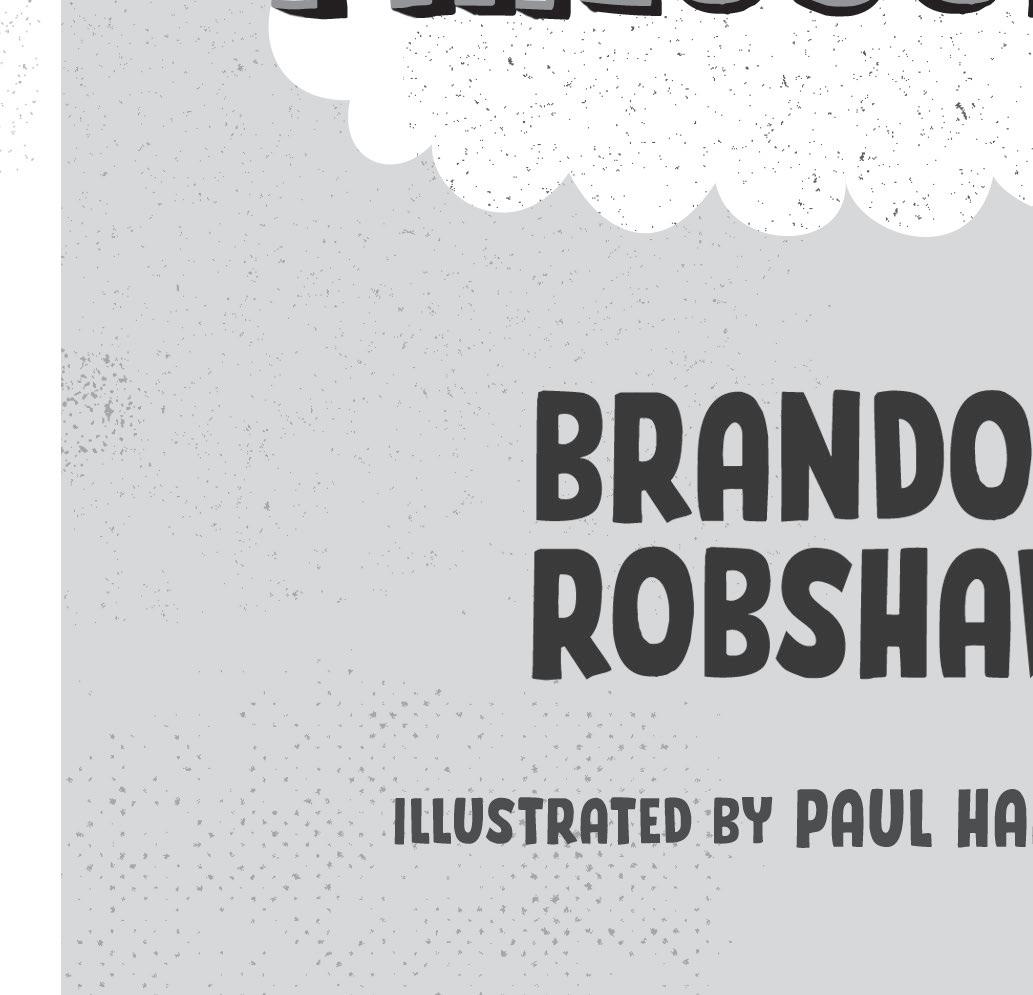

























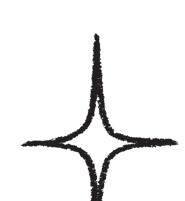








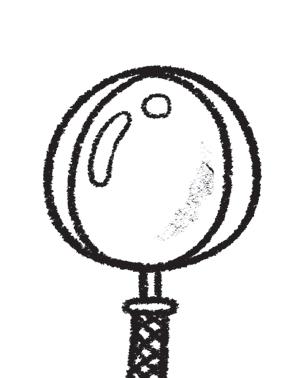














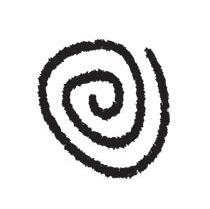
















I’m guessing, since you’ve picked up this book, you want to know more about what philosophy is. Unless you picked it up by mistake, thinking it was a book about psychology (the study of the mind). Or photography (the practice of taking pictures). Or chiropody (the treatment of feet). In which case, you can put this book down and pursue your interest in the mind, or photos, or feet in some other book. But assuming it really is philosophy you’re interested in, you’ve come to the right place. My name is Dr Robshaw, if you want to be extra-polite, or Brandon if you want to be friendly – and I have been teaching, lecturing, reading and writing philosophy for many years. (Long enough to understand how little I actually understand.)
In this book, we’re going to tackle some of the biggest (and strangest) philosophical questions together. I hope by the end you’ll have got a good idea what philosophy is all about and just how fascinating a subject it can be.
But before we embark on this voyage of discovery, let’s see how much you know about philosophy . . .












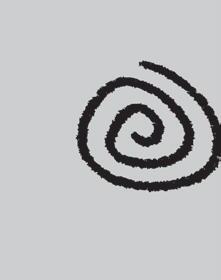












Choose the correct answer . . .






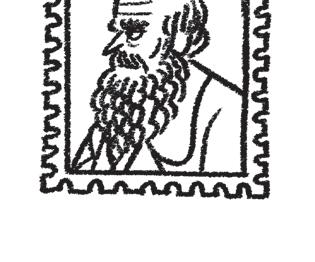
Which of the following is the best definition of philosophy?
a Stamp collecting
b Love of pastry
c The study of the most basic questions of life





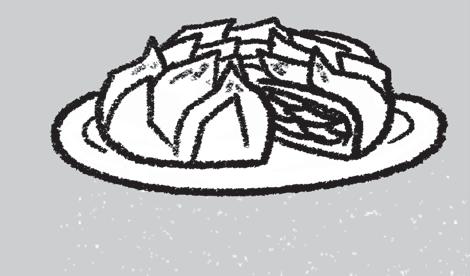






Which of the following is a philosophical question?


a Will Tottenham Hotspur win the Premier League next season?
b Why is there something rather than nothing?

c What’s the best flavour of ice cream?










Which of the following is not a philosopher?
a Aristotle
b Descartes
c Spiderman

















The only thing I know is that I know nothing.



Greek philosopher about 470–399 BCE


What is philosophy? Well, that’s a philosophical question in itself. We’re doing philosophy already! The ancient Greek philosopher Socrates (pronounced SOCK-ratease ) was fond of asking questions such as ‘What is knowledge?’, ‘What is courage?’, ‘What is justice?’, ‘What is virtue?’ – and showing that the answer was not nearly as obvious as might have been thought. The word philosophy comes from ancient Greek, and literally means ‘love of wisdom’.
I love wisdom! Me too! It’s great! I prefer kebabs to wisdom, personally.

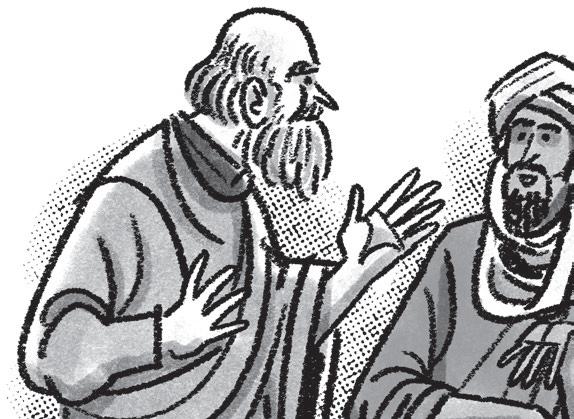


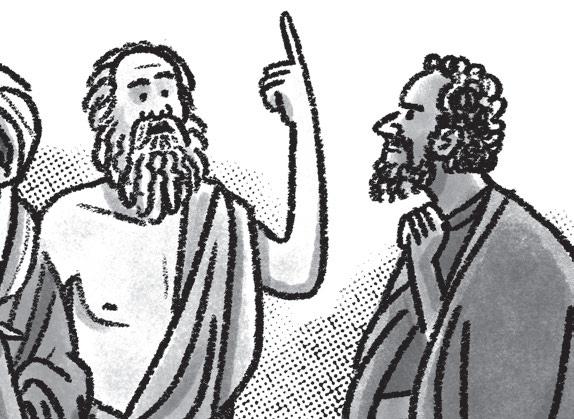


Ah, but (as Socrates might say) what is wisdom? It doesn’t mean knowing all the answers. In fact, Socrates said that the only thing he knew for sure was that he knew nothing. Questions to which we can find answers (at least in principle, if we had enough time or energy or the right kind of equipment) are not philosophical questions. What is the capital of Bulgaria? If you don’t know that, you can just look it up (it’s Sofia, by the way). How many grains of sand are on your favourite beach? That’s not an easy question, but we know how to find the answer in principle. Count them.
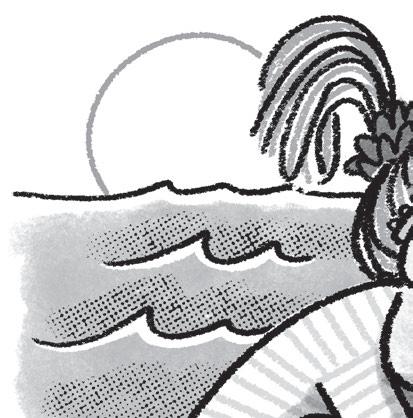
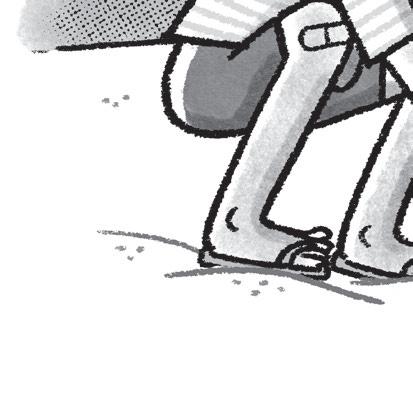

Ten million, three hundred and eighty-eight thousand, seven hundred and ninety-two – wait a minute, or was it ninety-three?

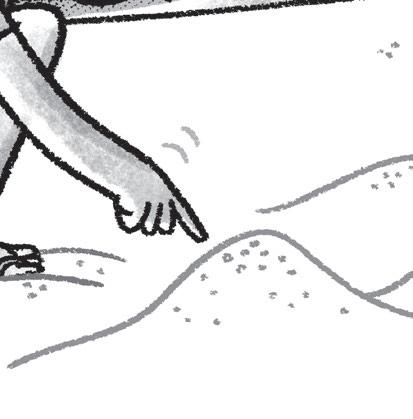
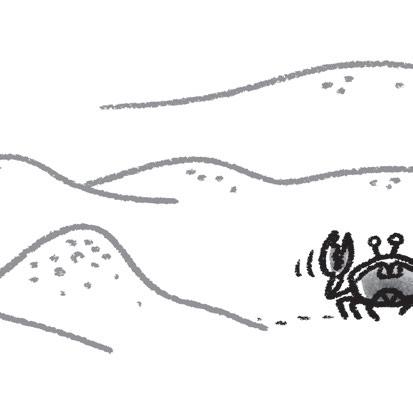

Philosophy, we might say, is the study of unanswered questions. Philosophical problems can’t be solved simply by looking around you, or even by doing scientific research. The British philosopher Bertrand Russell wrote that philosophy is the study of problems which cannot be answered by science. Some of the questions that puzzled ancient thinkers – about the structure and origin of the universe, for example – were philosophical questions back then.
The Earth is flat!

No, it’s shaped like a drum!

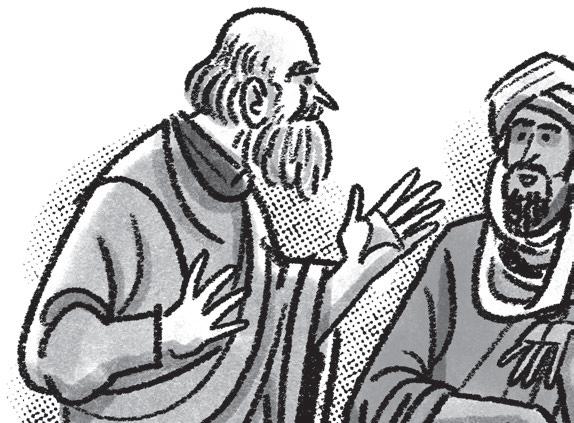
But nowadays, questions about the universe are no longer part of philosophy. We have the techniques and the telescopes to study them scientifically. Has anyone thought it could be a hexagon?
No, it’s a great big ball!




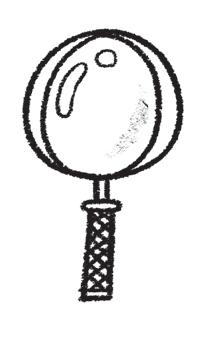
So, if Russell is right, philosophy gets smaller throughout the ages, as science gobbles bits of it up. But there are two points to make in reply (philosophers love counting).



First point: this still leaves us with a huge range of deep, fundamental questions that science has no answer to. Some are explored in this book, such as:
• How do I know what’s real?
• Is life all a dream?

• What does it mean to be good?
• Do we have free will?
• Am I the same person now as when I was a baby?
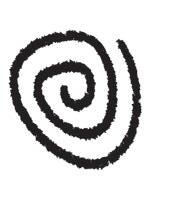

• And where does your lap go when you stand up? (Sorry, I put that last one in as a joke).





















Second poi n t: developments in science can lead to new philosophical questions. Such as, can machines be intelligent? (Skip ahead to Chapter 31 if you want to find out more.) So it does not look as if we are going to run out of unanswered questions any time soon. And where there are unanswered questions, there will always be philosophy. There is almost no idea so weird that some philosopher at some time hasn’t put it forward. By the time you get to the end of this book, you’ll have a much more vivid view of the strangeness and wonder, the sheer weirdness of the world around you. And you’ll be able to puzzle your teachers, parents, carers or other grown-ups by asking them unanswerable questions!
Plus, in between each chapter you’ll find a Clever Quote from a famous philosopher, which you can use to impress your friends.




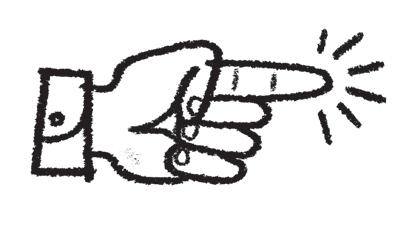






If I am walking with two other men, each of them will serve as my teacher. I will pick out the good points of the one and imitate them, and the bad points of the other and correct them in myself.
Chinese philosopher 551–479 BCE




Have you heard of Confucius? No need to feel confused if you haven’t – Confucius was a Chinese philosopher, born in what is now the Shandong province of China, in 551 BCE.1 His Mandarin name was Kong Fuzi, meaning ‘Master Kong’. He was a politician as well as a philosopher, and he wrote about ethics – that is, how to be a good person. The quote above is all about how we can learn from others – which leads us on to our first question . . .
1 The years after 0 are called Common Era (CE) and years before 0 are called Before Common Era (BCE). So Confucius was born 2025 + 551 = 2,576 years ago.


Imagine you meet someone who, if you were both Top Trumps cards, would win on every single category. They are wiser than you, more knowledgeable than you, kinder than you, nicer than you, more honest than you, braver than you. They are also better-looking than you, stronger than you, better at sports and games than you, and they can speak six languages and play seventeen musical instruments to the highest standard. Add in as many other talents as you like: they can be a better swimmer, a faster runner, a
better dancer, have a superior fashion sense, better sense of humour, whatever you like. How would you react to meeting such a person?
Some of us might be jealous. We might try to deny that the other person is better in any way, and find excuses to criticize them. Or we might prefer not to see them again and even try not to think about them. We don’t like to be reminded of the things we’re not so good at.
Now let’s turn it round. Imagine meeting someone who is not as good as you in various ways. Now we might feel proud, vain, pleased with ourselves. We might even want to spend time hanging out with that person, because they make us look good!
Confucius, however, thought both reactions would be wrong. In the Analects (a collection of his sayings) he is recorded as saying:
“ “ When you meet someone better than yourself, turn your thoughts to becoming his equal. When you meet someone not as good as you are, look within and examine your own self.
In other words, don’t get bitter, get better! And we shouldn’t feel proud if we are better than somebody else, either. In both cases, our task is to improve ourselves. When someone is better than you, you should honestly admit it and try as hard as you can to become more like them. And if you think you are better than another person, in whatever ways, you should look inside yourself to see if you share some of their faults.
I score highly on all categories – especially honesty.

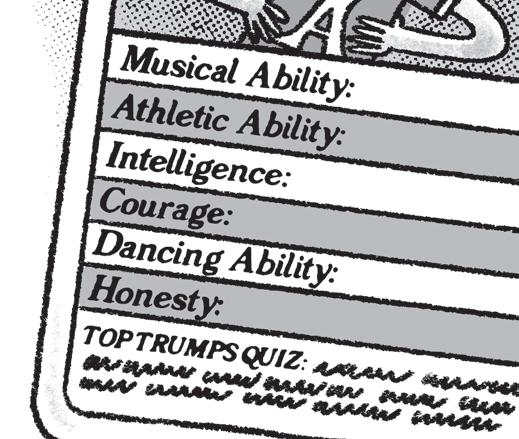





What exists is whole and unchanging and complete.
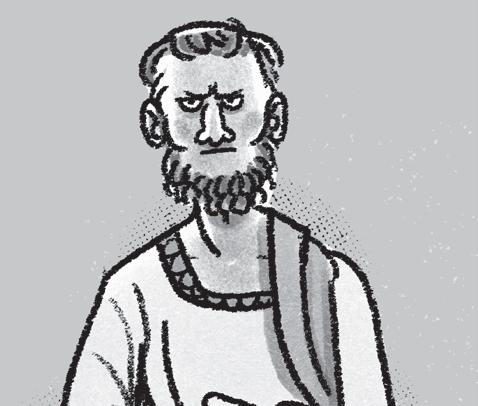

Greek philosopher 6th–5th century BCE
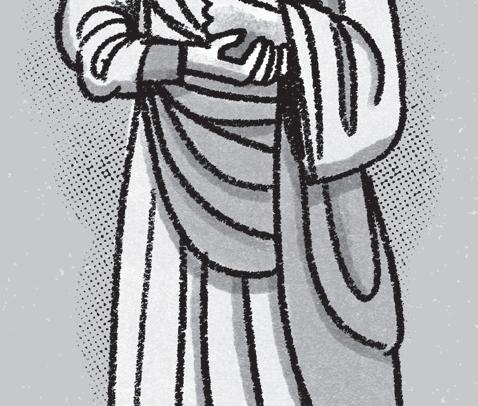
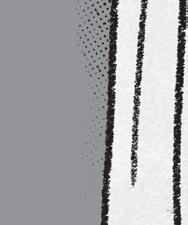
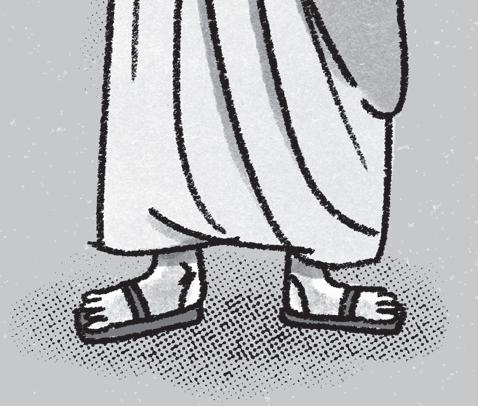
Parmenides (pronounced Par-MEN-iddies) was an early Greek philosopher from the city-state of Elea. That area is now in southern Italy, but it was Greek-speaking in Parmenides’ day. He believed that the universe was one unchanging whole (even though it doesn’t look that way).
You might be wondering, what on earth does that mean?


Don’t worry – in the next chapter we’re going to find out what this view of reality is all about, and how a later philosopher called Zeno argued in favour of it.

You don’t stand a chance!


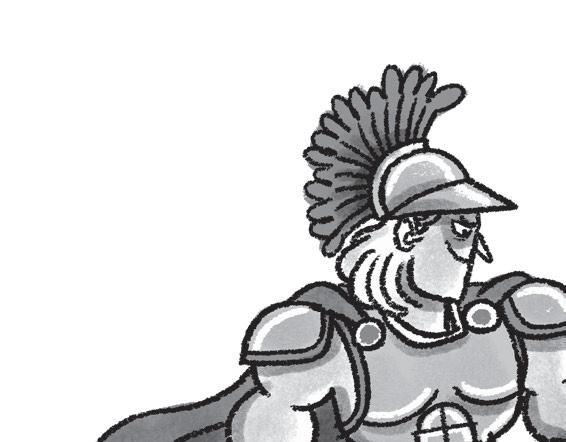
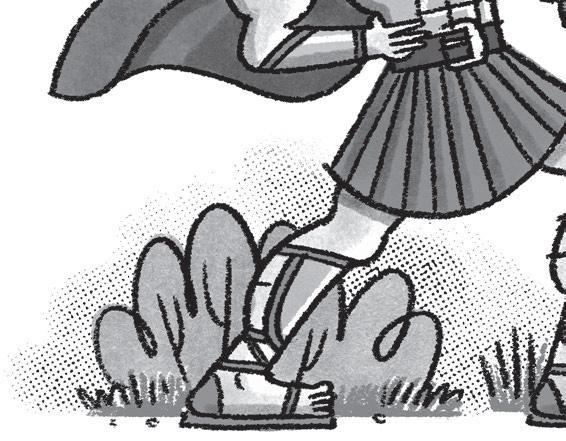
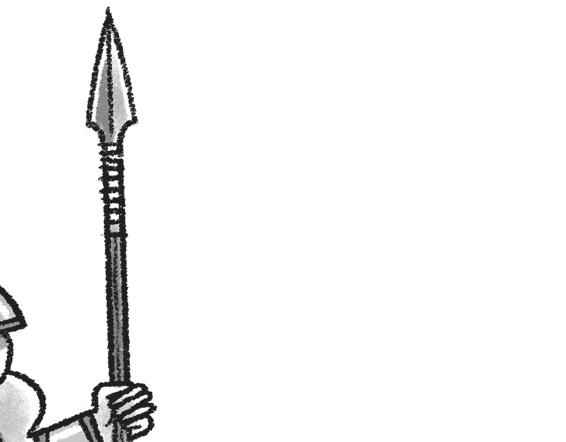
Wanna bet?



Achilles looked down at the Tortoise.
‘You want a race?’

The Tortoise nodded its wrinkled old green head.
‘That’s right. I’m challenging you.’
Achilles laughed. ‘Are you joking? You wouldn’t have a chance!’
‘You could give me a head start,’ the Tortoise said.
‘A head start?’
‘That would be fair.’
‘How much of a start do you want?’
The Tortoise pointed its head at a tree about a hundred paces away. ‘Suppose you go back about a hundred steps. Then it’s the first one to the tree. So you’ll have to run two hundred paces, and I’ll only have to do a hundred.’
‘Hmm . . .’ Achilles stroked his chin. ‘I’ll still beat you easily.’ He was the strongest and most formidable of all the Greek warriors. Tall, strong, athletic, graceful. And fiercely competitive. ‘You really don’t stand a chance, Tortoise.’
‘Well, we’ll see about that.’
Achilles laughed again. ‘If you don’t mind losing, my little green friend, I’m happy to oblige. I’ll go back a hundred paces, and as soon as I see you start to move, I’ll start running. I’ll catch you up in no time!’
‘We’ll see,’ said the Tortoise again.
Achilles carefully walked back one hundred paces, and turned. In the distance, the Tortoise was a tiny greeny-brown bump. Achilles kicked off his sandals. He’d run more swiftly without them. ‘I’m ready!’ he called.
At once, the Tortoise began to lumber towards the tree.

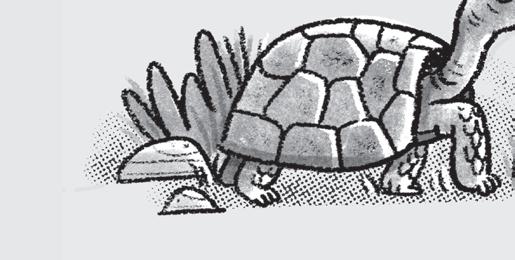
Achilles sprang forward like a deer. His long legs ate up the ground. He was gaining fast . . .

By the time Achilles got to the spot where the Tortoise had started from, the Tortoise had moved on. Not far – only about ten paces.
But by the time Achilles had covered those ten paces, the Tortoise had moved on another pace.
And by the time Achilles had covered that pace, the Tortoise had moved on another tenth of a pace.
A tiny distance separated them now – but by the time Achilles had covered that tenth of a pace, the Tortoise had moved on a hundredth of a pace.
The hundredth of a pace took Achilles almost no time, of course. But he still hadn’t caught up. Because the Tortoise had already moved on a thousandth of a pace . . .
Achilles was bewildered. ‘What’s happening? I’m getting closer and closer but I can’t catch up!’
‘You’ll never catch me,’ the Tortoise said. ‘By the time you get to where I was, I’ll always have moved on.’
‘That doesn’t make sense!’ Achilles was only a millionth of a pace behind now. But he was still behind.
‘I may be a slow old tortoise, but I’m a very wise old tortoise.’